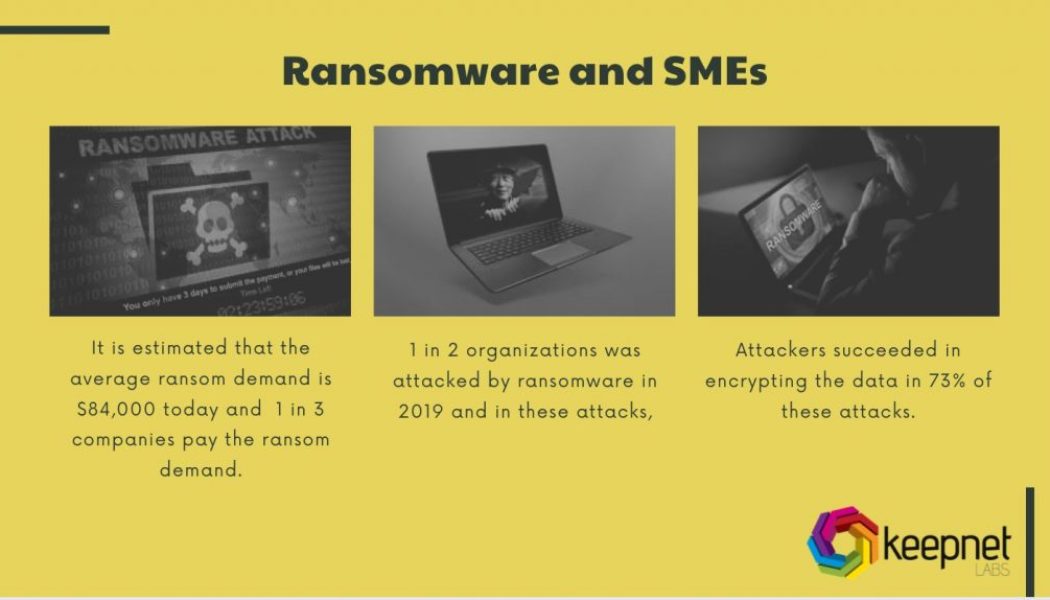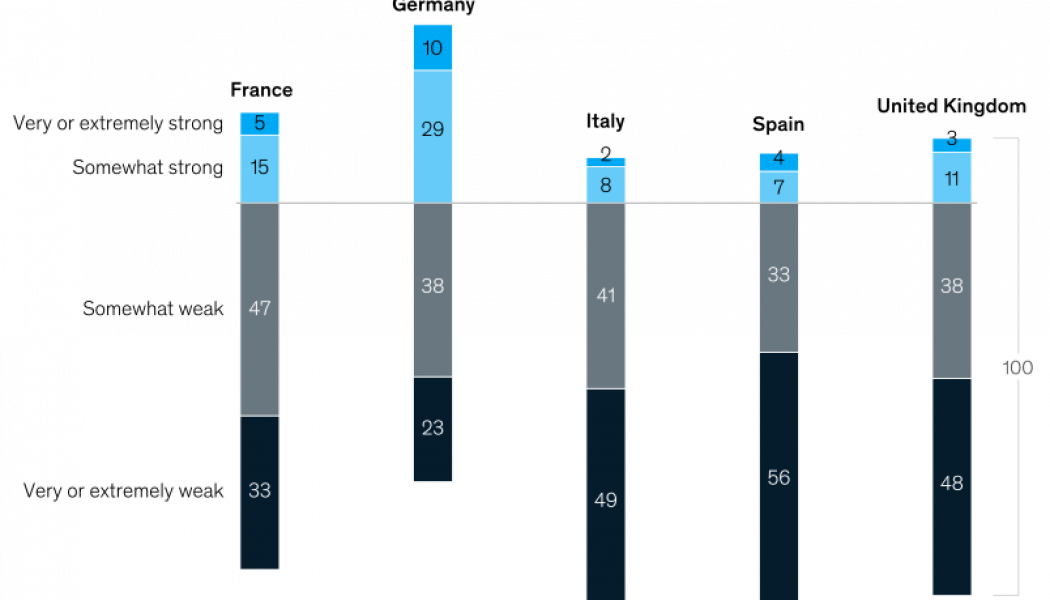South African SMEs
How a Data Breach Could Sink an SME
Sourced from CSO. When it comes to reporting on cybercrime, we tend to only come across stories impacting major companies or industries. Apart from the obvious reputational damage, we don’t really grasp the consequences of something like a data breach on a company and its customers. There are no headline articles about the troubles that emerge in the wake of a data breach, some of which literally grind small and medium enterprises (SMEs) into the ground. The media focuses on corporate giants as the only victims of cybercrime and lulls us into a false reality where data breaches seem to happen mostly to corporate behemoths but not the small or medium size business owners. Cybercriminals, who are often well-organised and well-resourced, launch constant attacks on data targets, probing for th...
What SMEs Should Know About Ransomware
Image sourced from Feed Navigator. Ransomware attacks are on the rise and malicious cybercriminals are always fine-tuning their strategies. Business leaders need to realise that their tactics include disrupting critical business operations across all industry verticals and businesses of all sizes, including small to midsize enterprises (SMEs). With most of the recent headline-making ransomware attacks against larger organisations who are likely to be more financially capable of meeting exceeding large ransom demands, the findings around the targeting of smaller businesses with fewer resources raise the question as to why ransomware operators are going after SMEs in the first place. The frequency and severity of successful ransomware attacks have a tremendous impact on victim organisations ...
Why SMEs are the Lifeblood of the South African Economy
Small and medium-sized enterprises (SMEs) represent a staggering 98% of business in South Africa today. The fact that SMEs also employ between 50 and 60% of the country’s workforce and are responsible for a quarter of the job growth in the private sector – according to McKinsey – means they truly are the backbone of the South African economy. Yet it is SMEs that have borne the brunt of the COVID-19 pandemic. Lockdown regulations have wreaked havoc, with the cash flows essential to sustaining smaller businesses completely drying up in some instances. Tragic stories of once-thriving businesses having to close their doors litter the financial landscape, and certainly, the virus could not come along at a worse time for owners already grappling with a precarious economy prior to its arrival. Bu...
Is Tech Adoption the Key to Rebuilding the Economy?
As the initial shock of the coronavirus pandemic subsides, South Africa’s small business leaders must now pick themselves up and begin to rebuild. For many businesses, working remotely and with reduced staff has been incredibly challenging, but technology has played a fundamental role in allowing work to continue. One positive to come from this crisis is that lockdown compelled businesses to adopt more advanced technologies than they may otherwise have considered. Many businesses have spent months focusing on the immediate term and making decisions necessary for their survival. As government restrictions loosen and the community begins to consider medium- and long-term priorities, this is the perfect time to reconsider the technology you use and how it will help you to reach your goals. In...





